In 2003, twenty-one years ago, Dr. Farouk El Okda assumed the role of governor of the Central Bank of Egypt. His appointment marked a fresh beginning for an internationally-recognised banking figure. Dr. El Okda played a pivotal role in establishing disciplined monetary policies and developing financial markets that could effectively compete with regional counterparts and gain trust of international community.
The incredible outcomes of revamping the banking industry energised all stock markets and encouraged stakeholders to create complementary services.
As a contemporary of the time, I can affirm that if Al-Oqda had not worked for the independence of Egypt’s Central Bank, he would not have been able to create a modern monetary system that distinguishes Egypt, supports confidence, and protects the country from crises that are difficult to imagine. The economic and financial collapse of countries is no less than the political collapse, and it is a significant component of security breakdowns.
When Dr. Mohamed Morsi assumed the presidency in 2012, Dr. Farouk El Oqda made the decision to step down. His tenure had been marked by successfully navigating the nation through a tumultuous period of revolution, uncertainty, and disintegration. Alongside the dedicated professionals in Egypt’s banking system, he played a crucial role in sustaining the financial industry and bolstering the state’s economy. Despite the challenges, the financial sector remained resilient, ensuring uninterrupted operation of the financial system, much like the army’s commitment to security and safety.
With the different nature of the stage that began with president Morsi taking over the country, characterised by the lack of clarity and the completely different vision for managing the state,
Al-Oqda felt compelled to resign and requested this verbally from the then president, who accepted the resignation.
Following Al-Oqda’s resignation, Hisham Ramez succeeded him. During his tenure from February 3, 2013, to November 27, 2015, Ramez focused on maintaining stability and strengthening the sector. However, he eventually resigned as well. Tariq Amer succeeded him. His approach was significantly influenced by Dr. Al-Oqda’s policies and vision.
Amer led the central bank from November 27, 2015 to 2019, and renewed until he resigned in August 2022 before he completes his tenure. It is obvious that central bank governors from Dr. Al-Oqdah to Amer all resigned before completing their terms. The reasons for their resignations remain undisclosed.
In fact, the reasons are nearly identical, namely the decline in the value of the local currency, the activity of the parallel exchange market, and the scarcity of foreign currencies as a result of the economy’s weakness and inability to provide foreign currency inflows, as well as high inflation rates or the beginning of inflation upward trend.
Since assuming office in August 2022, Hassan Abdullah, the 16th governor of the central bank, has navigated complex challenges. These include managing Egypt’s high debt interest and annual repayments, addressing the weak contribution of various sectors to foreign exchange generation, amidst global and regional crises. His experience and strategic decisions play a crucial role in maintaining financial stability.
Given the potential for similar approaches to yield comparable outcomes, I emphasise the significance of a professional government with full authority. Urgently, we must prioritise comprehensive economic reforms over short-term emergency solutions to propel us forward.
Reflecting on the article’s protagonists, my inspiration for naming this remarkable figure, “Farouk Al-Oqda,” and all his successors — who worked alongside him and absorbed his ideals and practices — stems from the ongoing reform efforts post the 1952 revolution. Throughout successive political policies, good intentions have consistently driven progress and development.
In summary, the persistent challenge lies in maintaining a genuine and effective separation of powers while strictly adhering to its checks and balances.
One critical issue is the absence of a clearly articulated strategy for the country’s priorities, complete with unalterable objectives and timeframes. The political authority must effectively execute its role, as seen in stable economies. Moreover, a technocratic executive power with global influence and ambition is essential. This body should have a well-defined vision for promoting projects in education, health, and scientific research—a crucial factor in determining a nation’s global standing.
In the end, all opportunities should be accessible to qualified individuals without favoritism or bias.
As we usher in a new year after June 30, I envision it as a year of administrative and executive reform, transparency, and effective governance. May it be a time for facing realities, constructing a concrete roadmap for change, and reaping the benefits.
Happy New Year to all Egyptians! In this edition, I pay tribute to the dedicated individuals in the banking sector and monetary policy. Let us honour those who, over the past 21 years, have played a pivotal role in constructing the fourth pyramid—the pillar supporting Egyptian civilisation in our contemporary era—the Egyptian banking sector.
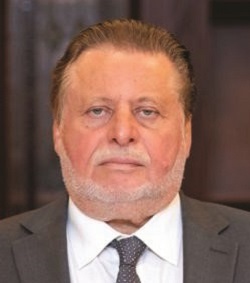 |
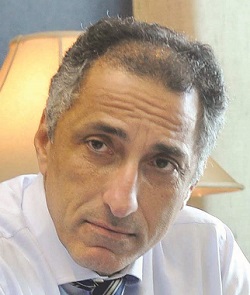 |
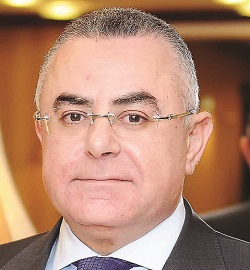 |
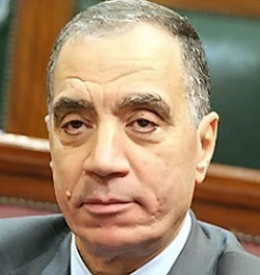 |
| Hassan Abdalla | Tareq Amer | Hesham Ramez | Farouk El Oqda |
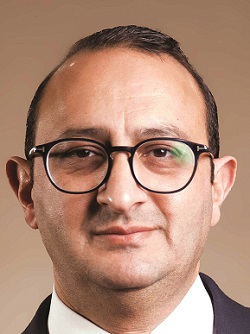 |
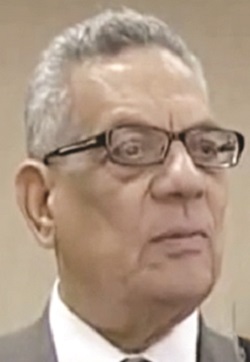 |
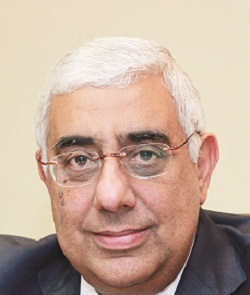 |
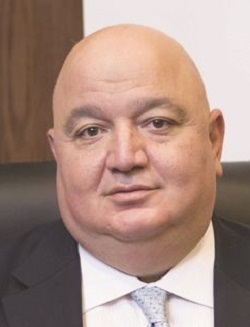 |
| Ahmed Galal | Ismail Hassan | Ashraf El Qady | Afdal Naguib |
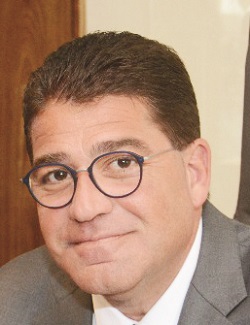 |
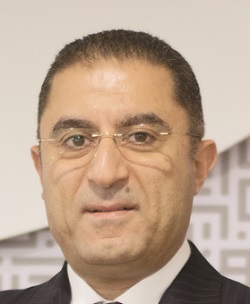 |
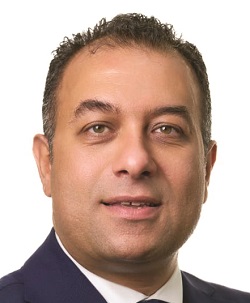 |
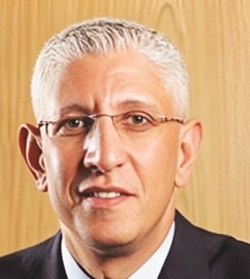 |
| Akram Tinawy | Ihab Sweirky | Tamer Seif | Tamer Waheed |
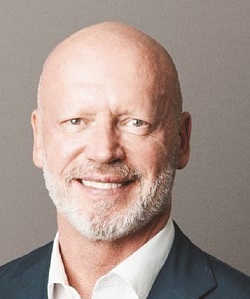 |
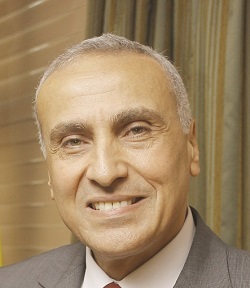 |
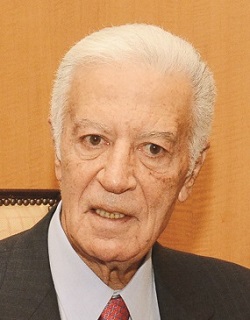 |
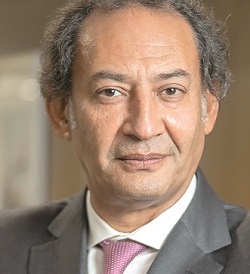 |
| Todd Wilcox | Gamal Negm | Hatem Sadeq | Hazem Hegazy |
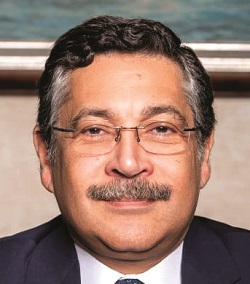 |
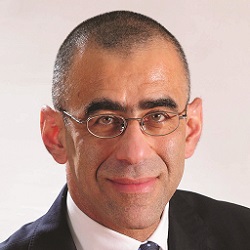 |
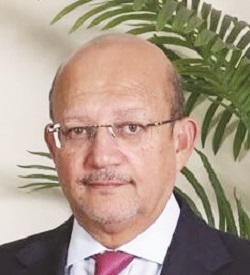 |
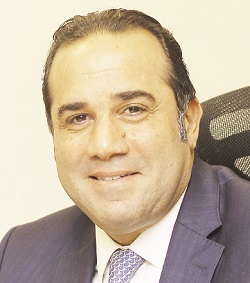 |
| Hassan Ghanem | Hussein Abaza | Hussein Refaey | Khaled Sellawy |
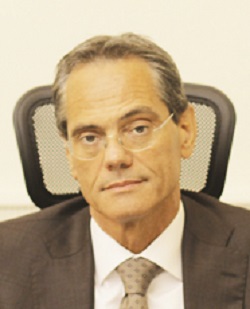 |
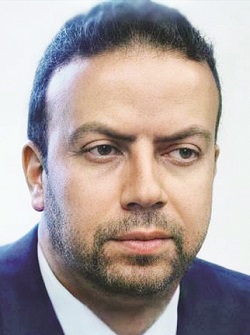 |
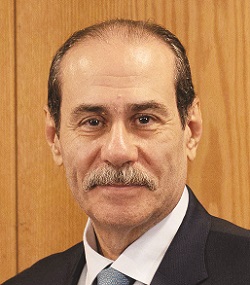 |
|
| Dante Campioni
|
Ramy Abol Naga | Tareq El Khouly | Tareq Amer |
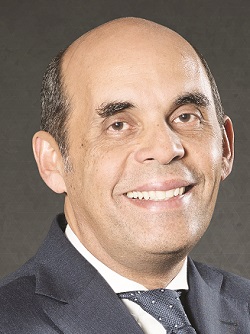 |
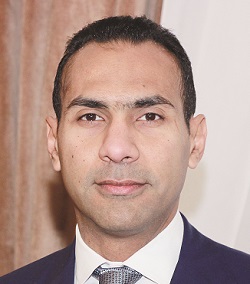 |
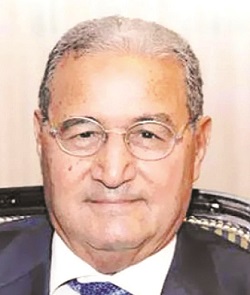 |
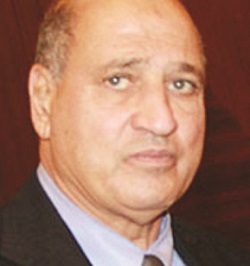 |
| Tareq Fayed | Akef Maghraby | AbdelHameed Abo Moussa | Abdesalam El Anwar |
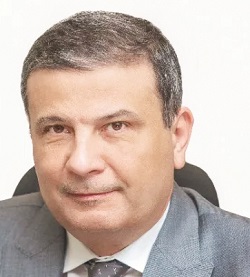 |
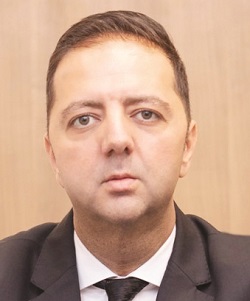 |
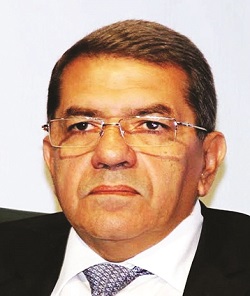 |
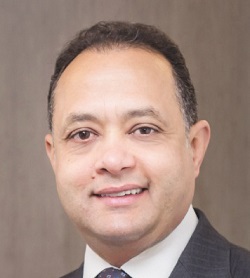 |
| Alaa Farouq | Amr ElBahey | Amr ElGarhy | Amr Eshafey |
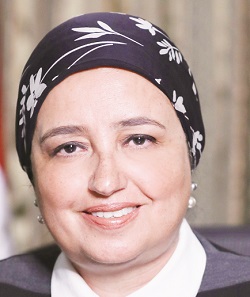 |
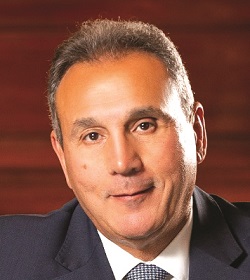 |
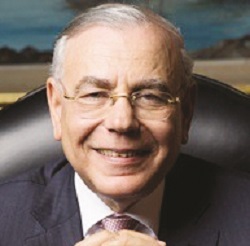 |
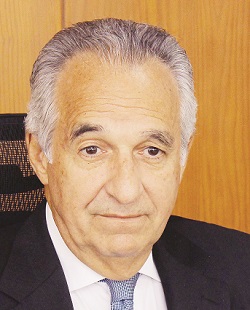 |
| Lobna Helal | Mohamed ElAtreby | Mohamed Edeeb | Mohamed Ozaleb |
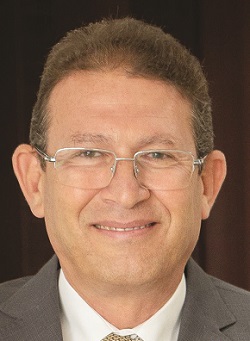 |
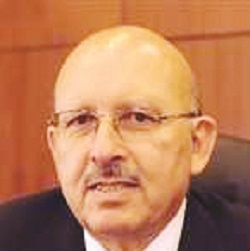 |
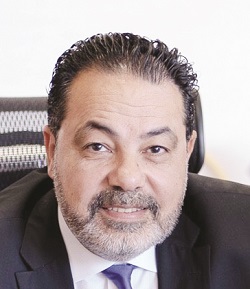 |
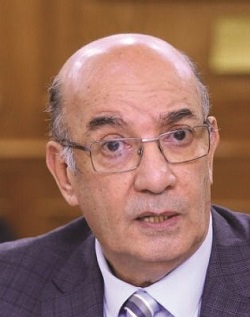 |
| Mohamed Bedeir | Mohamed Barakat | Mohamed Abbas Fayed | Mohamed Ashmawy |
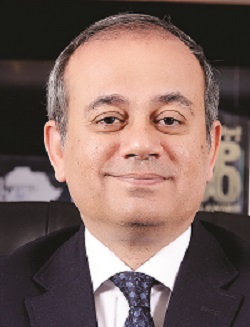 |
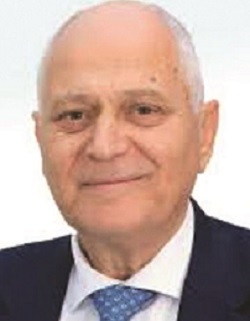 |
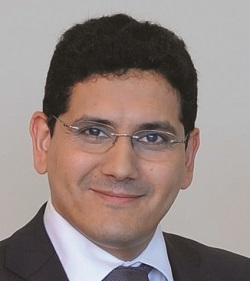 |
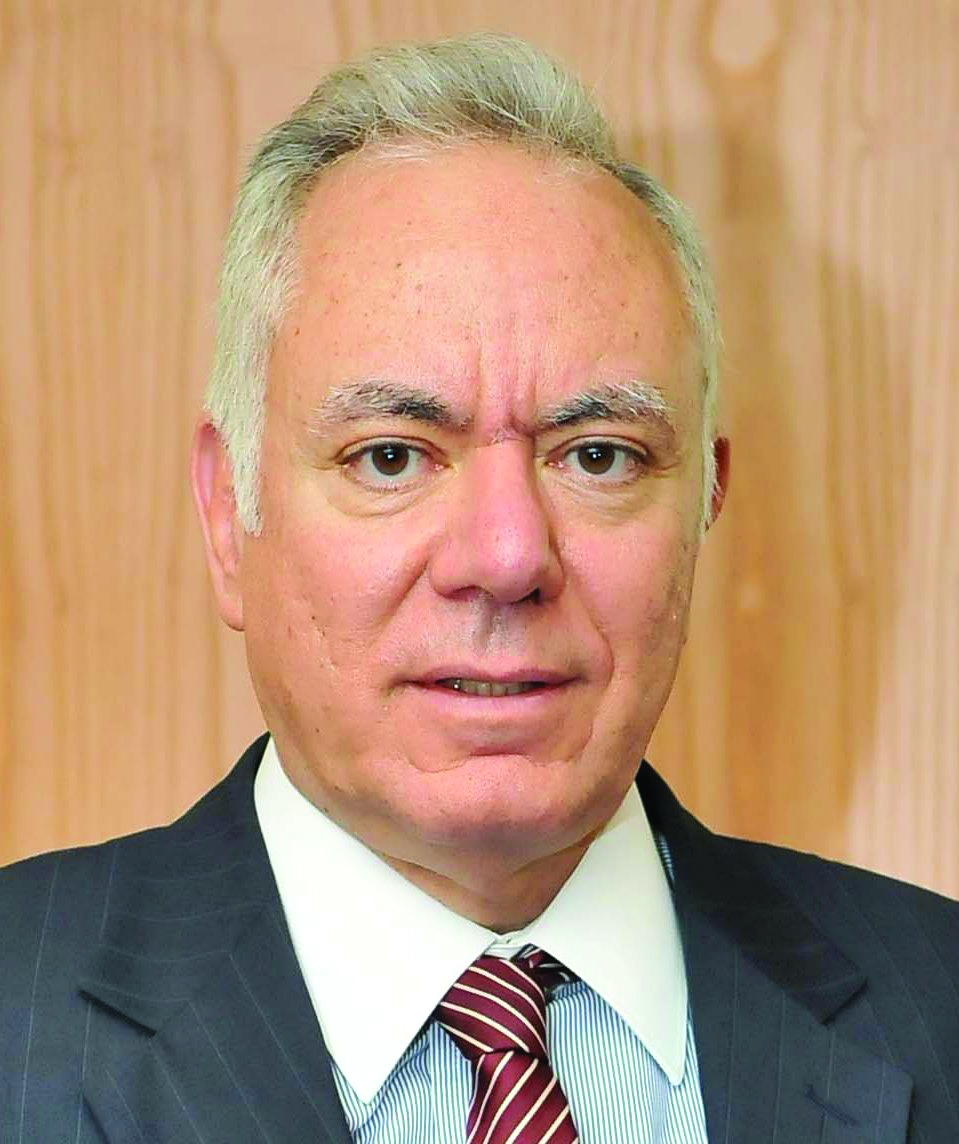 |
| Mohamed Aly | Mohamed Naguib | Moaweya Seqelly | Mouneir Zahed |
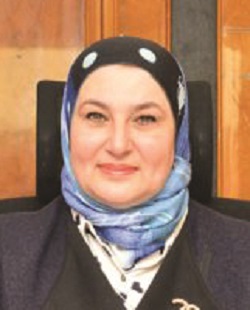 |
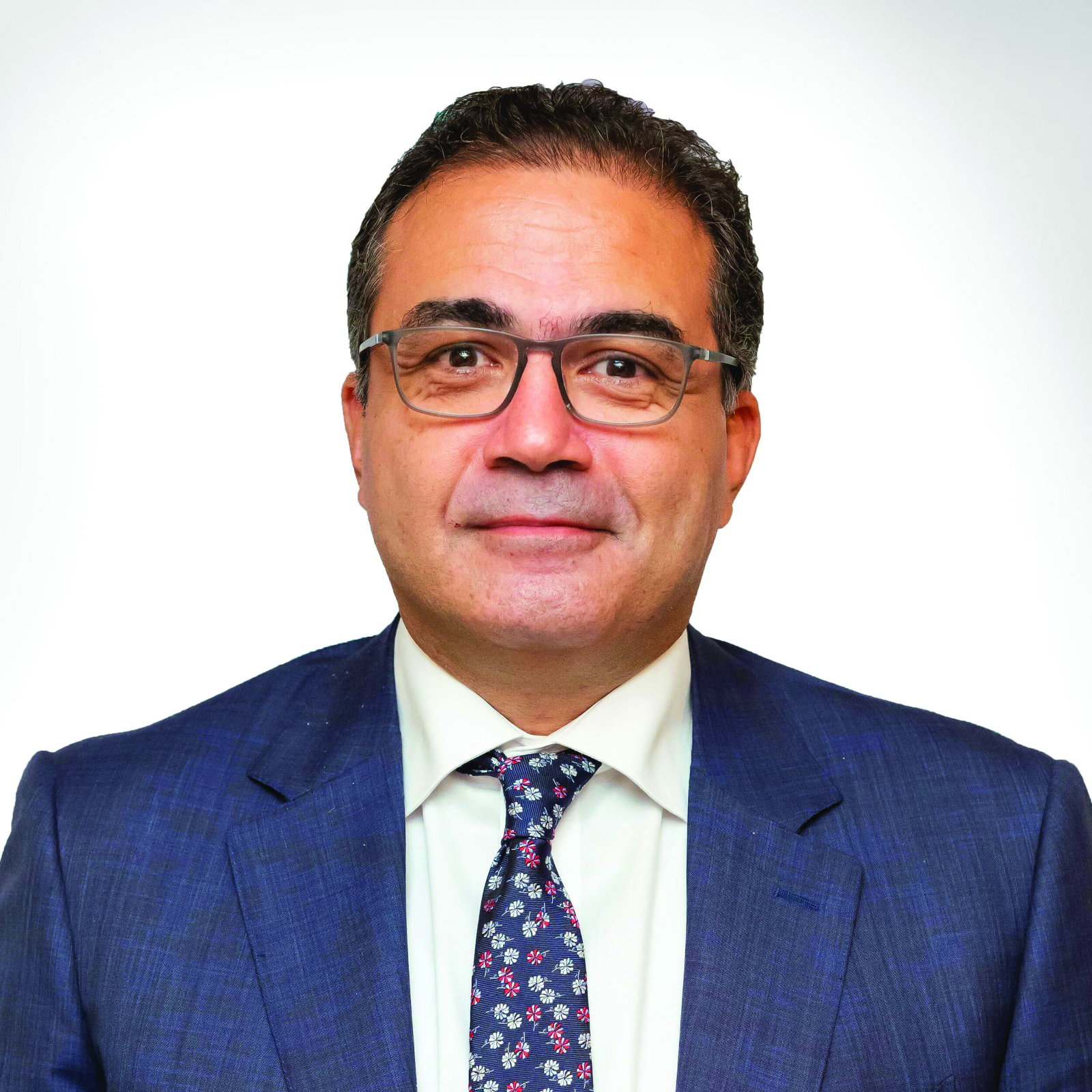 |
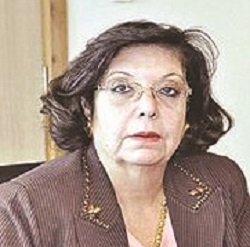 |
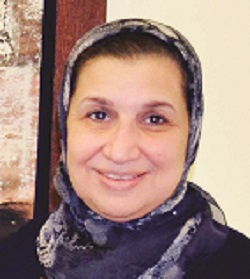 |
| Mervat Sultan | Nedal Asr | Nayera Ameen | Neveen Meseiry |
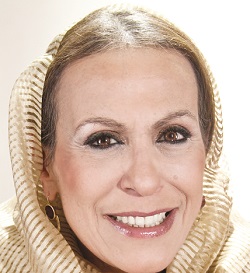 |
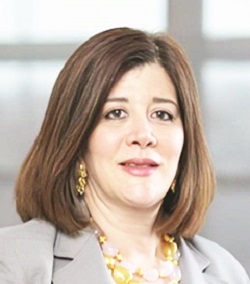 |
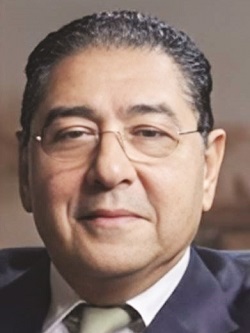 |
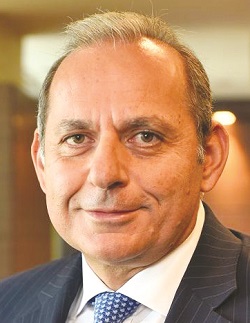 |
| Neveen Lutfy | Hala Sadeq | Hesham Ezzel Arab | Hesham Okasha |
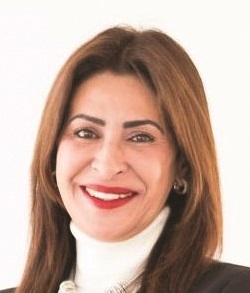 |
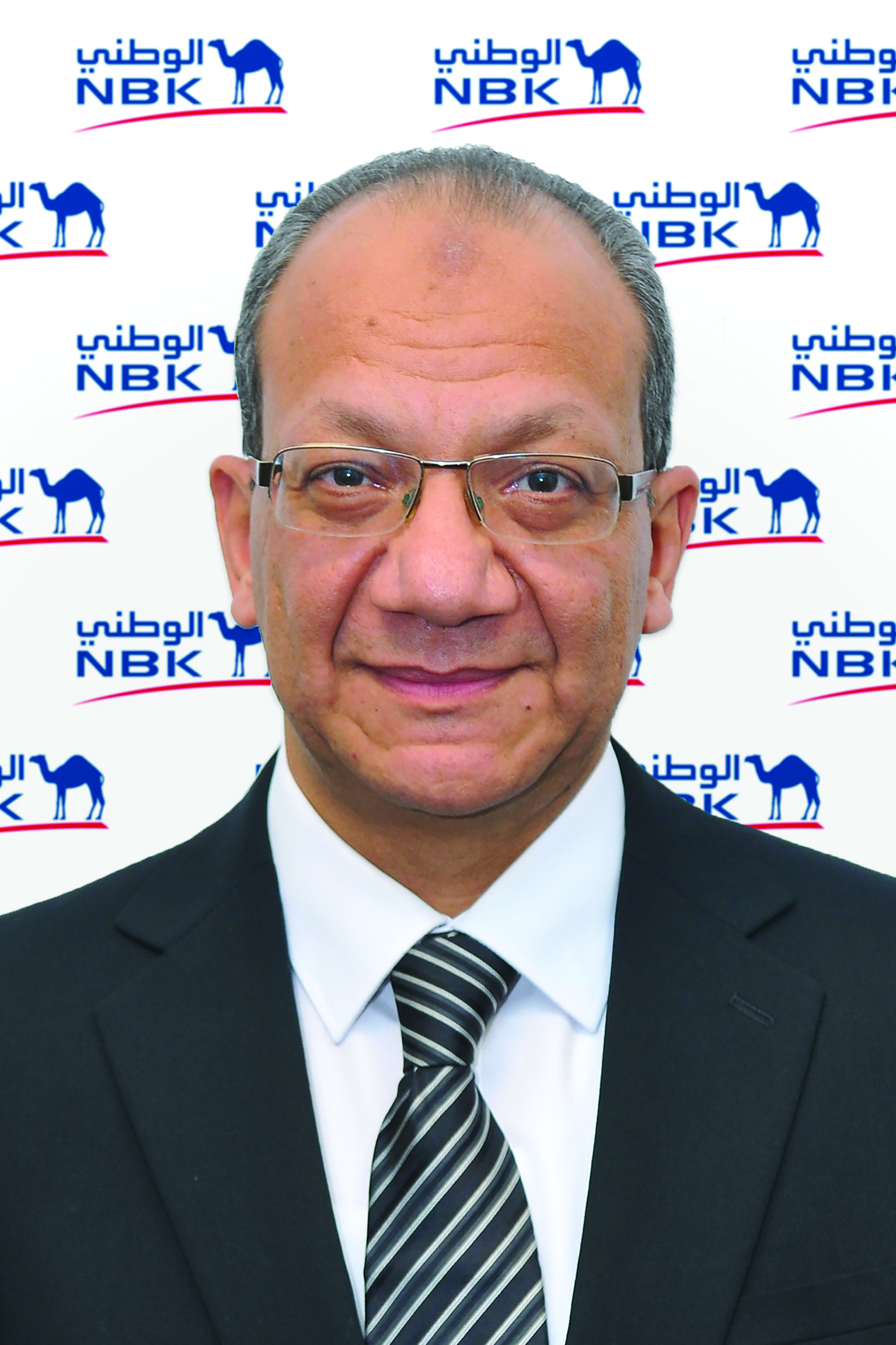 |
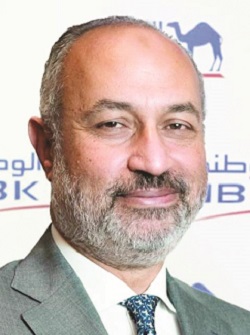 |
|
| Hala Saqr | Yasser Ismail | Yasser El Tayeb |

